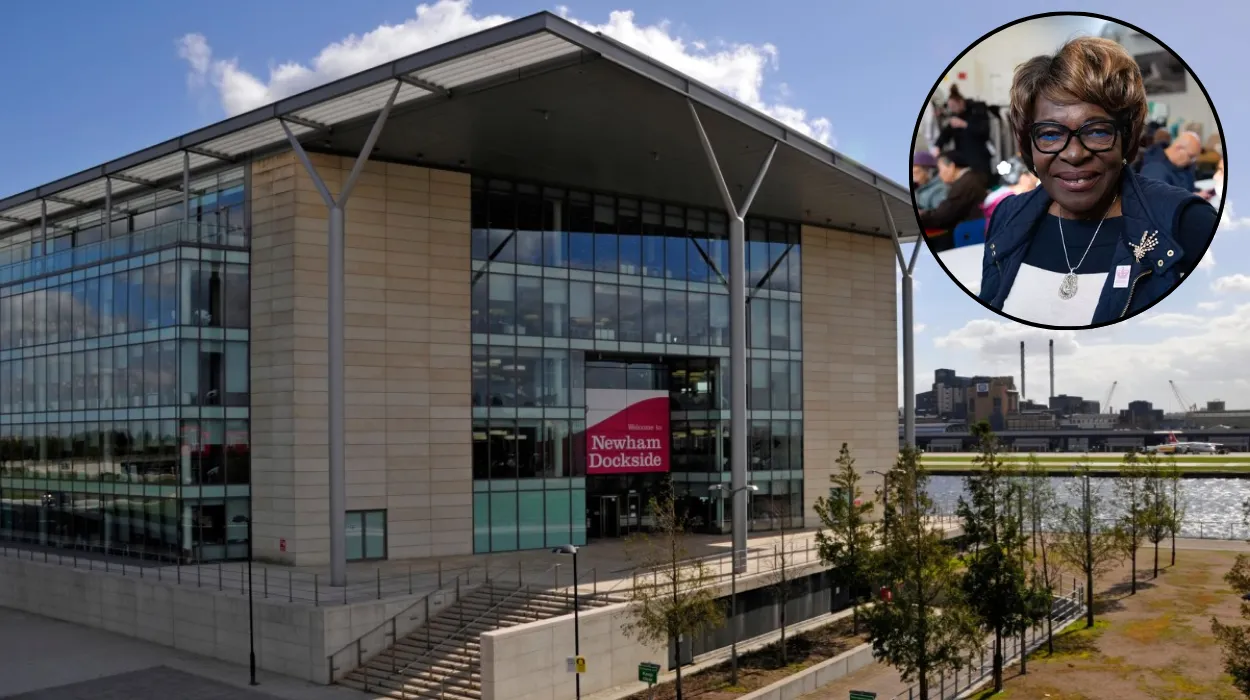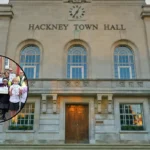Key Points
- Newham Council plans to relocate the Newham District Foodbank into a container, sparking deep concern from foodbank organisers and users.
- Foodbank groups warn that moving into a container facility will severely harm their operations and impact the vulnerable population they serve.
- The Newham District Foodbank distributed over 4,200 food parcels between 2024 and 2025, highlighting significant community reliance.
- Newham Council is advancing environmental sustainability through new food waste collection services and sustainable food programmes but faces criticism over foodbank treatment.
- Community and voluntary groups are collaborating with the Council on sustainable food provision initiatives, but the container move has raised fears about accessibility and dignity.
- The Council has not publicly detailed the rationale for the container proposal linked to foodbanks, focusing communications on other food sustainability programmes.
- The controversy highlights tensions between the Council’s climate and waste strategies and social support services in the borough.
What is the controversy surrounding Newham Council’s foodbank relocation plan?
As reported by the local community sources, Newham Council intends to move the Newham District Foodbank into a container facility. This plan has provoked strong opposition from foodbank organisers and users alike who argue the move will jeopardise the foodbank’s capacity to serve those in need, effectively stating, “it will be the end of us.” The foodbank currently supports thousands of residents facing food insecurity and hardship.
- Key Points
- What is the controversy surrounding Newham Council’s foodbank relocation plan?
- How has the Newham Council framed its food-related programmes?
- Why do foodbank supporters oppose the container move despite sustainable food initiatives?
- How does Newham Council address food insecurity alongside climate action?
- What future plans exist for community food support and urban farming in Newham?
- What is the community’s overall response and what are the implications?
Leaders and volunteers at the Newham District Foodbank emphasise that a container, generally a small and confined space, lacks the necessary facilities for safe, dignified food distribution and storage. They warn that the move may cut their reach and undermine the trust they have cultivated within the community. This concern is heightened by the fact that over 4,272 food parcels were distributed in the 2024-2025 period, showing the foodbank’s critical role in the borough.
How has the Newham Council framed its food-related programmes?
Newham Council has publicly detailed ambitious initiatives focused on sustainability and climate goals. As part of a broader environmental strategy, the Council approved a weekly food waste collection service starting in autumn 2025. Sarah Ruiz, Deputy Mayor and Cabinet Member for Environment, stressed this initiative’s environmental benefits, stating it is
“good for residents, good for our environment, and good for present and future generations”
by reducing waste and cutting carbon emissions.
The Council also proudly supports Sustainable Food Newham, a partnership promoting affordable, healthy, and sustainable food. Councillor Neil Wilson described the scheme as essential for “a sustainable future” and praised Newham’s work on programmes like Eat for Free—a universal free school meals initiative since 2009—elevating food accessibility across the borough.
Why do foodbank supporters oppose the container move despite sustainable food initiatives?
The opposition centres on the perceived incompatibility between the container proposal and foodbank operational needs. Foodbanks require adequate space for storage of perishable and non-perishable food, a welcoming environment for beneficiaries, and logistical support for volunteers. Container units, designed primarily for temporary storage or industrial use, may lack heating, refrigeration, and accessibility.
Foodbank representatives argue that while waste reduction and sustainability policies are commendable, they must not come at the expense of people’s basic needs and dignity. This view illustrates a key tension: the Council’s progressive environmental policies appear to clash with the immediate needs of vulnerable residents relying on foodbanks for survival.
How does Newham Council address food insecurity alongside climate action?
Newham Council has embedded food security into its recovery and health plans. Its Young People and Food Security Strategy aims to tackle poverty, holiday hunger, and inequality with £6million investment for local families impacted by food insecurity. Mayor Rokhsana Fiaz emphasised the Council’s commitment that “no one in Newham or the UK should be going hungry”.
The Council partners with voluntary sector groups such as the Newham Food Alliance, a collaboration that reaches thousands weekly with food parcels, community meals, and support services. Additionally, aid in the form of gift cards (£5,500) was provided in partnership with voluntary group ICSS to alleviate rising food costs.
What future plans exist for community food support and urban farming in Newham?
Beyond foodbanks, Newham Council is fostering community participation in food sustainability through projects like the Over the Tracks initiative. This includes creating new food growing spaces, community gardens, and food hubs integrated within artistic and educational facilities like the Tate Institute. These efforts aim to reconnect residents with fresh food growing practices and bolster local food resilience.
What is the community’s overall response and what are the implications?
The reaction to the container proposal reveals community fears about the potential degradation of essential social services. Foodbank volunteers and users articulate that a move into a container would restrict access, lower the quality of support, and symbolically diminish the seriousness of food insecurity issues.
This controversy reflects broader debates in urban policy about balancing environmental sustainability with robust social welfare provision. The challenge for Newham Council is to ensure that green initiatives complement, rather than compromise, the dignity and support of vulnerable populations in one of East London’s most diverse and economically challenged boroughs.



